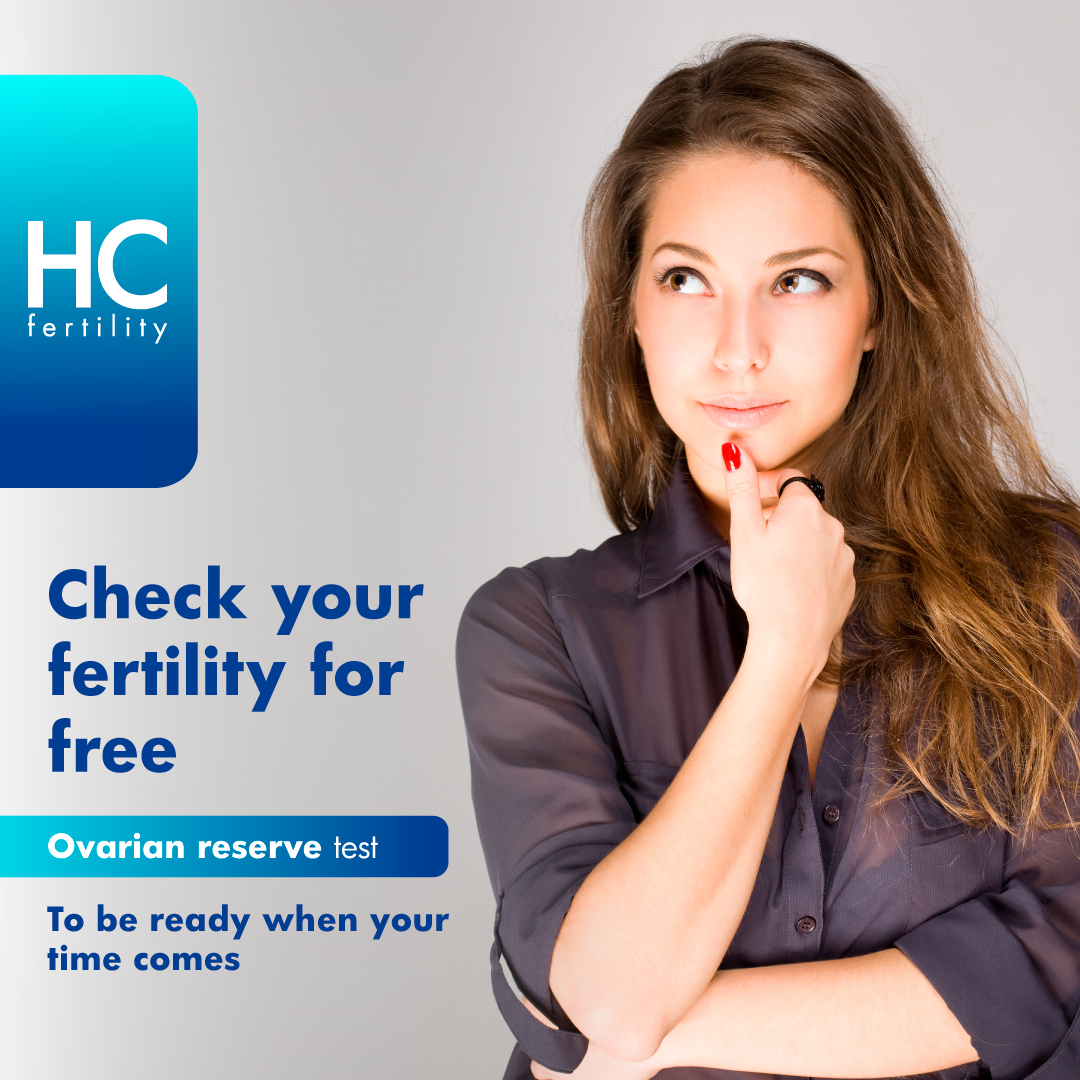Book now
Book now

(*) Limited spots each month. If the quota of free monthly tests is closed, the appointment will be given for the next month.
Women are born with a limited number of eggs. This number decreases as we get older until reaching menopause.
Ovarian reserve is therefore the number of eggs we have at a specific time in our lives.
When measuring the ovarian reserve, we get to know the capacity of the ovary to recruit eggs that could be fertilized and evolve into pre-embryos capable of implanting in the uterus.
To get to know your ovarian reserve, the only thing you need to do is perform a simple blood test at the clinic.
The results of this blood test will indicate the levels of the anti-mullerian hormone, one of the main indicators of your fertility status.
This hormone, also known by the acronym AMH, is secreted by small cells (granulosa cells) which, together with the eggs, we can find inside the ovarian follicles.
The ovarian reserve ca be affected by several factors, but the most common one is age.
From the age of 35, the decline of the ovarian reserve becomes severe.
The decrease of the ovarian reserve affects both the quality and quantity of the eggs.
This results in a reduced ability to become pregnant, and therefore, to a lower pregnancy rate in those women with a diminished ovarian reserve.
At HC Fertility we have a team of specialists with an extensive experience in assisted human reproduction.
The study of each patient and the decision of the most appropriate treatment in each case is carried out as a team, which helps us achieving high success rates.